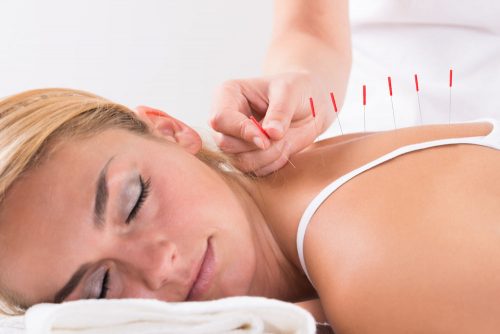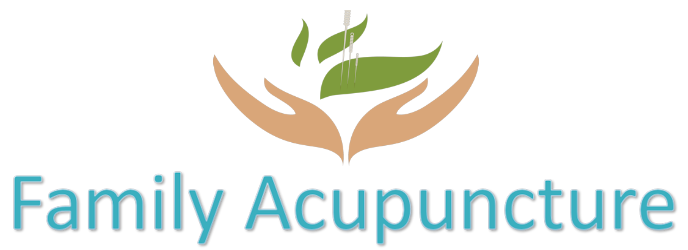
FREQUENTLY ASKED QUESTIONS
Thinking about alternative health care? Many people are not familiar with the benefits of Chinese medicine. Here are the answers to some frequently asked questions about what we do and how we can help you.
Acupuncture is used to relieve discomfort associated with a variety of diseases and conditions, including:
Head Pain
- Migraine Headaches
- Sinusitis Headache
- Cluster Headaches
- Optical migraine
- Stress headaches
- Vascular headaches
Upper/Lower Back Pain
- Herniated Disk
- Bulging Disc
- Lumbago
- Degenerative Disc Disease
- Sciatica Nerve Pain
Neck pain
- Whiplash Pain
Shoulder & Neck pain
- Rotator Cuff Pain
- Frozen Shoulder
- Shoulder Pain
- Carpal Tunnel Syndrome
- Tennis Elbow
- Hand Pain
- Hand Tingling
- Wrist Pain
Foot and Knee Pain
- Leg Pain
- Osteoarthritis Knee
- Sore Knees
- Heel Pain
- Ankle Pain
- Foot Pain
- Planters Fasciitis
Women’s Health Issues
- Infertility
- Menstrual Disorder
- Menstrual Cramps
- Heavy Menstruation
- Irregular Periods
- Menopause
- Hot Flash
- Night Sweats
- Uterine Prolepses
- Pelvic Inflammatory Disease
Neurological Disorders
- Neuropathy
- Stroke Recover
- Bell’s palsy (Facial palsy)
- Trigeminal Neuralgia
- Movement Disorders
Men’s Health Issues
- Erectile Dysfunction (ED)
- Premature Ejaculation
- Impotence
- Decreased Libido
- Benign Prostatic Hyperplasia
- Prostatitis
- Impotency
- Decreased Libido
- Prostate Disorders
- Low Sperm Count
- Male Infertility
Addiction
- Stop Smoking
- Alcohol abuse
Stress Management
- Chronic Fatigue Syndrome
- Energy healing
- Depression
- Anxiety & Insomnia
Digestive Disorders
- Chemotherapy-induced & postoperative nausea and vomiting
- Indigestion
- Loss of Appetite
- Dyspepsia
- Heartburn
- Acid Reflux
- Chronic Gastritis
- Gastric Ulcer
- Stomach Pain
- Irritable Bowel Syndrome
- Chronic Diarrhea
- Bowel Gas
- Ulcerative Colitis
- Chronic Colitis
- Constipation
Kidney and Urinary Tract Disorders
- Frequent Urination
- Bladder Control Problem
- Bed Wetting
- Enuresis
- Incontinence
Ear, Nose, and Throat Disorders
- Sinusitis
- Allergic Rhinitis
- Rhinitis
Lung and Airway Disorders
- Asthma
- Bronchiectasis
- Chronic Bronchitis
- Chronic Cough
Autoimmune Disorders
- Rheumatoid arthritis
- Diabetes
- Thyroid Disorders
- Skin Disorders
- Eczemas
- Dermatitis
Treatments include acupuncture, Chinese herbs, Tuina and moxibustion (heat therapy). Treatment with acupuncture needles is the most commonly used technique.

Acupuncture is one of the oldest, most commonly used system of healing in the world. Originating in China some 3,500 years ago, it is only in the last three decades that it has become popular in the United States.
Traditional Chinese medicine holds that:
- There are 20 pathways (12 main, 8 secondary) called meridians. These meridians course the entire body including the internal organs.
- Energy or Qi (pronounced chi) circulates throughout the entire body via the meridians. The balance of Qi is vital for good health.
- Any stagnation. blockage, imbalance or misdirection of Qi may result in pain, dysfunction, and ill health.
- Acupuncturists use needles to stimulate certain points (acupoints) that run along the meridians. This stimulation helps balance the flow of Qi so internal organs and bodily systems return back to normal. This allows the body to maintain its own health through self healing.
Acupuncture needles are very fine, about the size of a thick hair. They are solid, and nothing is injected through them. Over the centuries, refined needle insertion techniques have been developed which enable the skilled acupuncture practitioner to place a needle with little or no sensation.
Prior to their first treatment, many people do not believe that acupuncture can be painless. Sometimes the initial sensation is that of a mosquito bite. Commonly, sensations of warmth or pressure may be felt. This energetic sensation differs from pain. Patients often comment that the feeling is unfamiliar but pleasant and relaxing.
In some cases it is not necessary to use needles at all. For example, when treating young children, infants or sensitive adults, there are other techniques which are equally as effective. If you have a fear of needles, please discuss it with us. An appropriate treatment strategy can always be agreed upon.
Treatments normally last an hour. After the needles are inserted, patients typically rest for 20 – 30 minutes, allowing the body’s Qi to balance.
State and federal agencies have established strict procedures for needle sterilization. Knowledge and proper use of these procedures are part of licensing, registration and certification requirements. In order to assure your complete confidence, we use pre-sterilized, disposable needles.
In the United States, the regulation of health care practice differs from state to state. Standards to practice acupuncture safely and effectively have been established by the National Commission for the Certification of Acupuncturists and Oriental Medicine (NCCAOM). Many states, including Iowa, use the NCCAOM examination and certification for meeting their licensing or registration requirements. The practice of acupuncture is regulated by the Iowa Board of Medical Examiners and all practitioners are in full compliance with all regulations and rules promulgated by the Iowa Department of Public Health.

